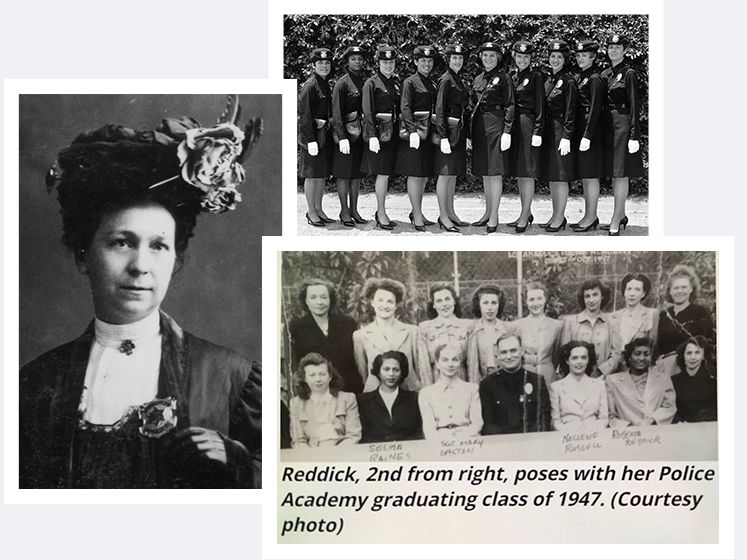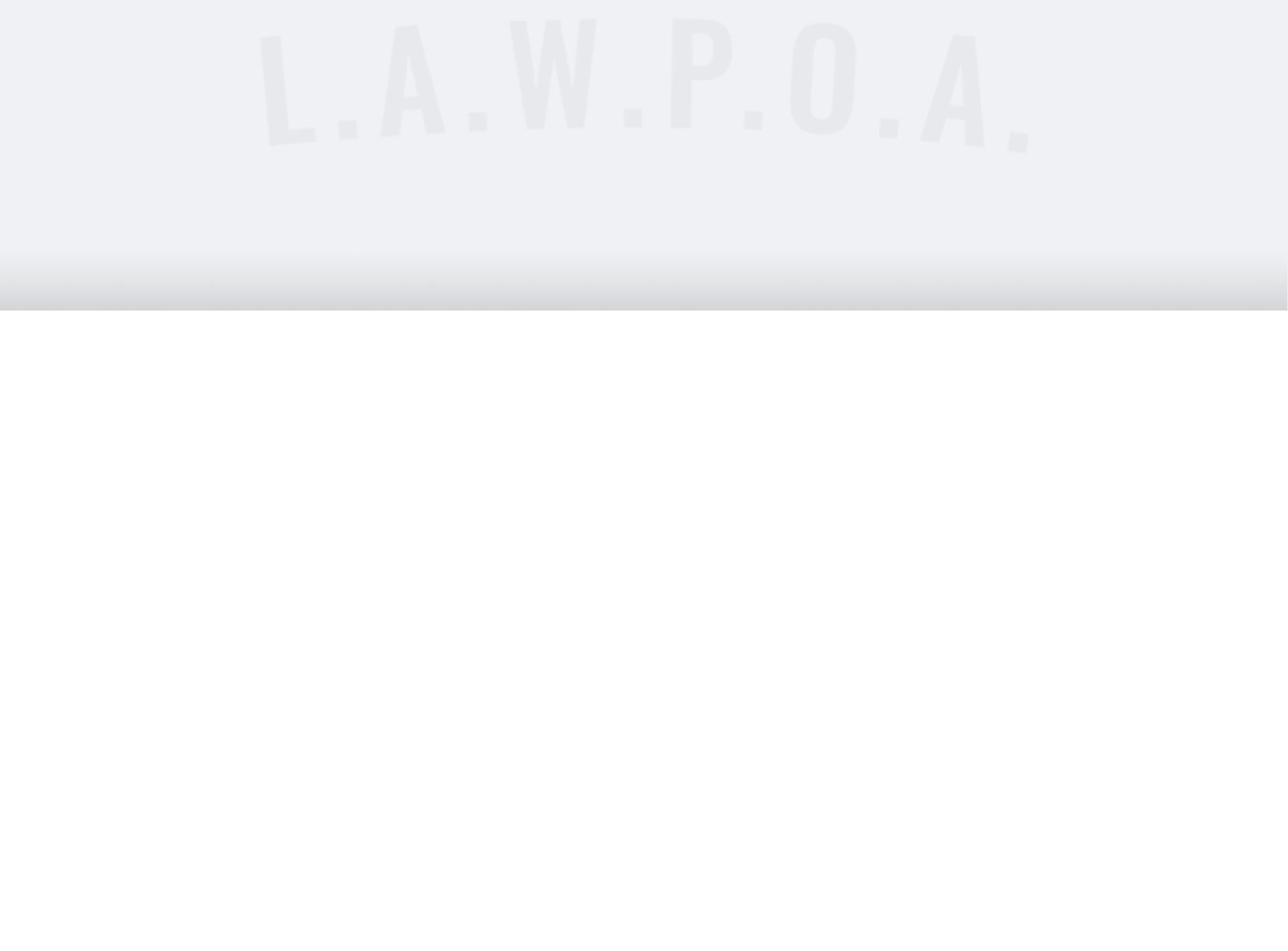LAWPOA History
In 1925 Alice Stebbins Wells and Marguerite Curley co-founded the Los Angeles Policewomen’s Association (LAWPOA) for the few women in law enforcement at that time. Their goal was to provide benefits, respect, appreciation, and a community for female officers. In addition to the Los Angeles Policewomen’s Association, Mrs. Wells also played a key role in organizing the International Policewomen’s Association. Marguerite Curley was voted one of LAWPOA’s first leaders as it grew to become a service and social organization. Twenty-one years later, 19??women became the first trained female police officers in Los Angeles history after graduating from the police academy.
When LAWPOA was first founded in 1925, the women officers were required to be between 30 and 45 years old and have children. Additionally, they were required to have a degree in sociology or nursing because many women were only assigned to juveniles. It was not until 1948 that women wore the standard blue uniforms. Before then, women wore a dress and a badge and could not carry a firearm.
Mrs. Wells fought for the idea that women, as regular members of municipal police departments, were qualified to perform protective and preventive work among juveniles and female criminals. That fight introduces a new concept of women in law enforcement, the cornerstone of women in policing today. She will be remembered for introducing this new concept into local law enforcement. Since her appointment, women were assigned duties in patrol, delinquency prevention, investigation of crimes involving juveniles, and investigation of other cases in which the service of a female officer is deemed necessary. In July 1934, Mrs. Wells was appointed the Los Angeles Police Department Historian, a post she held until her retirement on November 1, 1940. She had been a policewoman for 30 years and was awarded the organization’s highest honor, the Connie Award.
Over the years, as LAPD has gained more women who continue to move higher throughout the ranks, LAWPOA has also continued to grow. The women’s movements in the 1960s and 1970s also allowed for female officers’ continued growth across the country.
Female police officers stand where we are today because of the sacrifices made by the women of yesteryear who stood and demanded to be counted. We celebrate the women of today who are leading in every capacity of both civilian and sworn occupations, mentoring promising new female officers while dutifully serving our diverse communities with the utmost honor and respect. Our future is bright because of the women today who continue that legacy of excellence by shattering “glass ceilings,” breaking stereotypes and confidently moving us forward.
The Los Angeles Police Department’s appreciation for women is evidenced through the continued cultivation of an organizational culture where diversity, equity and inclusion are the norms.
Today, there are over 500 members in LAWPOA and 1,757 female officers in the Los Angeles Police Department. One out of every 9,432 officers in LAPD are women, but the force has a goal to increase this number from 18 percent to 40 percent in the coming years. LAWPOA has extended its reach to focus on providing training, scholarship opportunities, and mentoring for law enforcement professionals. Throughout the decades of women earning their place in law enforcement, LAWPOA has remained a beacon during it all. Remember we have come too far, not to continue…
A 100 Year History of the LAWPOA Presidents
Firsts for Matrons and Sworn Females of LAPD
To the women of this great organization, THANK YOU for your service.

















